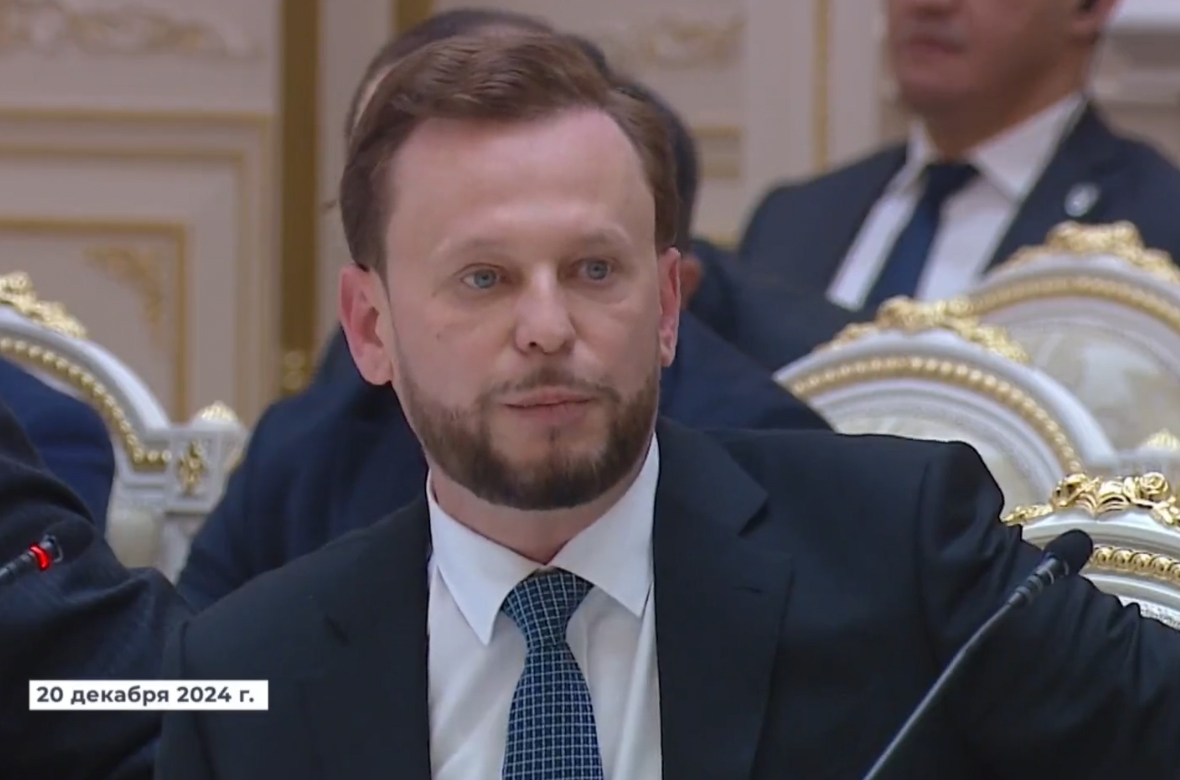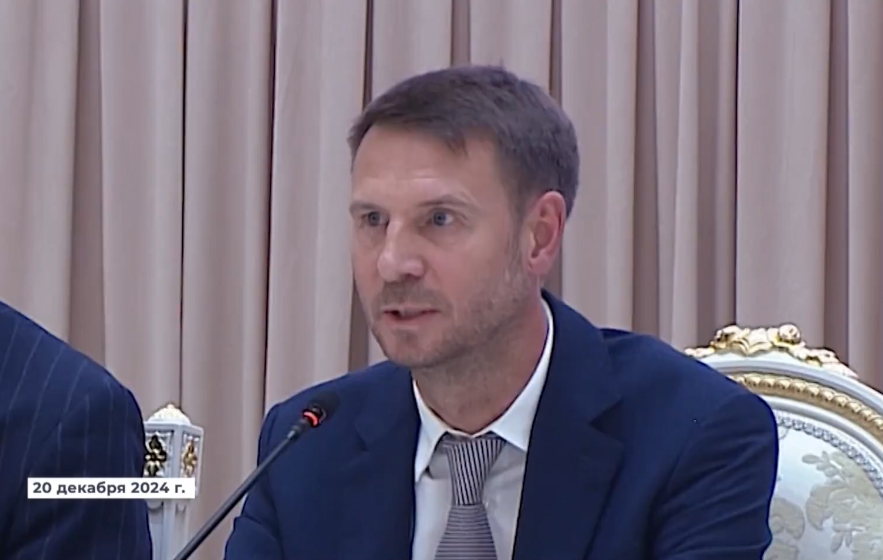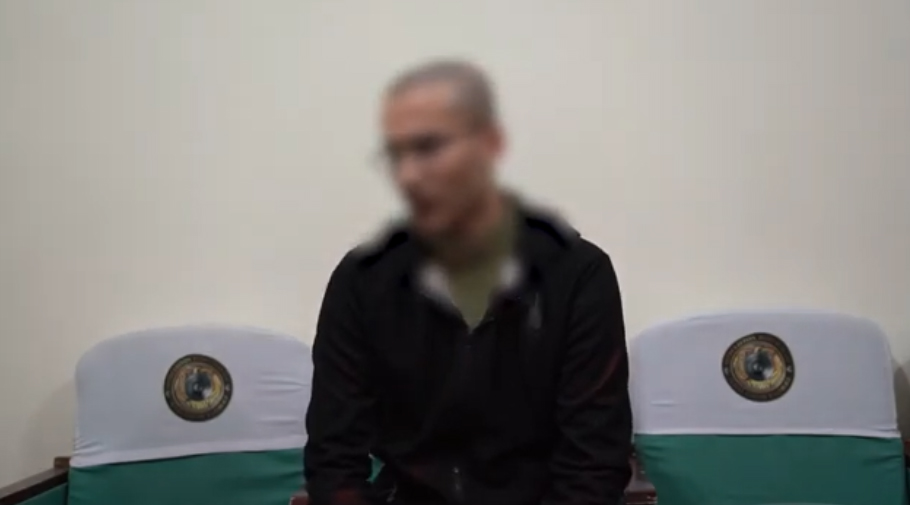This article is also available in:
Русский (Russian)
Another shocking case has come to light thanks to a member of the lower house of parliament, a representative of the People’s Democratic Party of Uzbekistan, Elena Babenko. Her office received a complaint from the widow of a World War II veteran from Chirchik, who was saddled with a significant debt due to an error made by government officials.
The Non-Budgetary Pension Fund (NBPF) of Chirchik had been paying the pensioner compensation for utility services for many years, which, as it turned out, had been canceled long ago. However, neither the pensioner herself nor her relatives were informed about this. As a result, after officials finally realized the mistake, they suddenly presented the elderly woman with a substantial debt, which they began to deduct from her already modest pension.
Elena Babenko, upon learning of the situation, promptly sent a request to the Ministry of Economy and Finance, after which the deductions from the pension were temporarily suspended. However, instead of correcting their mistake and freeing the pensioner from the debt obligations, the head of the Chirchik NBPF filed a lawsuit demanding the return of the overpaid funds from the widow’s pension.
The law “On State Pension Provision for Citizens” is on the side of the pensioner, as she is not at fault for what happened. She was merely receiving payments that she had been counting on according to the previously established procedure. Moreover, Part Five of Article 20 of the Constitution clearly states: “All contradictions and ambiguities in legislation that arise in the relationship between a person and state bodies are interpreted in favor of the person.”
Now, it remains to be seen whether the Chirchik city court will fairly interpret the norms of the country’s Basic Law and rule in favor of the pensioner, freeing her from the illegal debt imposed due to a bureaucratic error.
This case raises important questions about the protection of citizens’ rights and the accountability of government bodies for their mistakes. How often do officials’ errors lead to such situations, and how can such cases be prevented in the future? Answers to these questions must be found to ensure justice and protect the most vulnerable segments of the population.
The text has been translated by AI. For more accurate information, please refer to the Russian version of the article.











